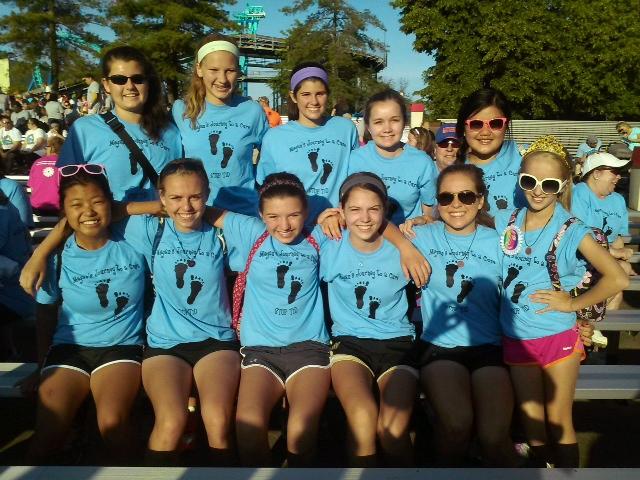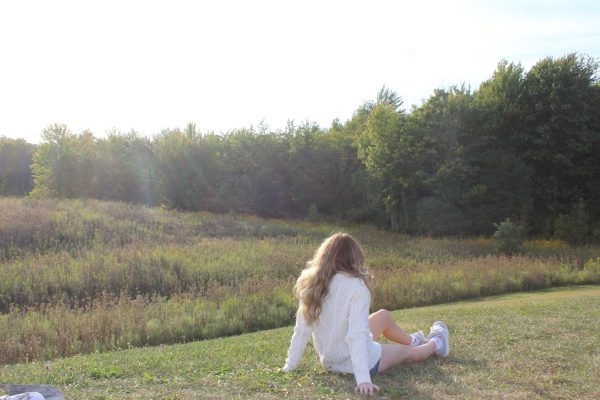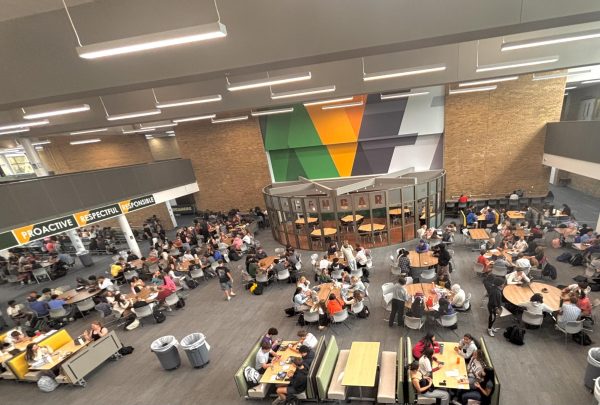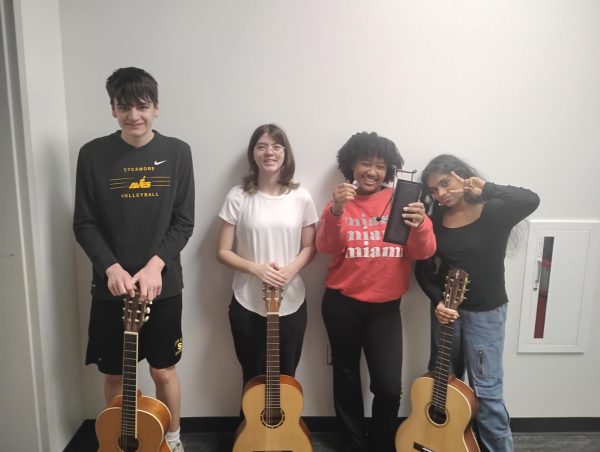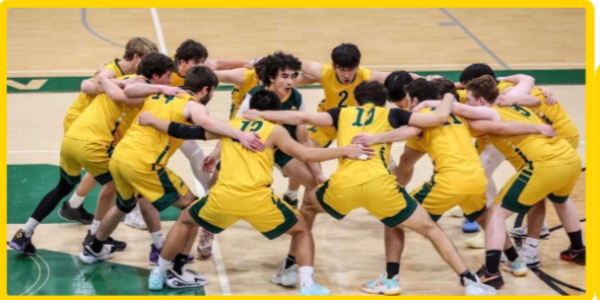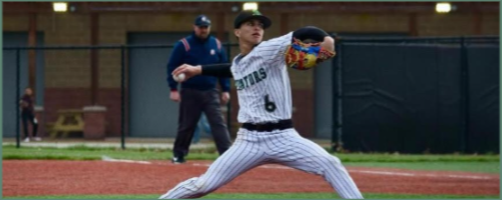Q & A with freshman Megan McMullen about diabetes
Freshman Megan McMullen (Bottom row second from the left) was diagnosed with Type One Diabetes last year. McMullen is working to raise awareness and money for research. This diagnosis affects her decisions each day.
How did you feel when you were first diagnosed?
When I was first diagnosed I was very sick. I was very confused as to how I got Type 1 Diabetes and was very unsure of how I would care for myself and my future. I was overwhelmed with all the things I was going to have to do daily to manage my Type One Diabetes so I had to grow up very quickly.
How has it affected your daily life?
My daily routine is now very different from most peoples. I test my blood sugar 7-10 times a day so that I can keep my blood glucose levels in a safe range. If my blood glucose level is high I have to give myself a shot of insulin and if it is too low, I need to eat something with sugar ( eating sugary things isn’t all bad). I have to test before I exercise like for sports, gym, ziplining or weight lifting. The biggest adjustment has been having to count all the carbohydrates in the food I eat. Anytime I am going to eat anything I count all the carbs in the food, test my blood sugar, and then give myself an insulin shot so that I will get the energy from the food I need. Your body does that automatically. The process is just a bit more complicated and time consuming but its manageable. I have gotten much faster at the process since I have been doing it now for over a year. At night I have to have a long lasting insulin shot. So, daily I have five shots and seven-ten finger pricks.
Has it affected your participation in anything?
Each person that has Type 1 Diabetes reacts differently to different activities. I used to love to run cross country and do competitive swimming and I did them the first year I had Type 1 Diabetes but I found my numbers were very difficult to keep in a safe range. So I chose to do other sports I liked and were easier to manage. I was very excited that I was able to continue with lacrosse which is my favorite sport. I have been able to do everything else I have wanted to do.
Have you learned anything about health after being diagnosed?
I learned that Type 1 Diabetes is an autoimmune disease where your pancreas stops producing insulin. It is not something you get by eating poorly or not taking care of yourself. No one knows why people get Type 1 Diabetes and currently there is no cure. The biggest misunderstanding is that Type 1 and Type 2 Diabetes is the same. They are totally different and are managed differently. So I have learned about the disease and am able to educate others.
I have learned so much about nutrition and how important it is to eat healthy and take care of your body. I have learned how the body reacts to exercise and lack of exercise as well as how your body reacts to different foods. Even though I can eat anything I want (most people think with Type One Diabetes you can’t) I have chosen to eat healthy foods so like everyone else I can lead a healthy life. I recently served on a panel of teens at the Children’s hospital and I saw kids that were positive and super successful with managing their diabetes and kids who had bad attitudes and were not taking care of themselves. It is true that attitude is a huge part of success no matter what you have been dealt.
What type of things do you do to support research?
I have been doing my part to support research! Last June I rallied 80 family, friends and teachers to walk with me at Kings Island in support of the Juvenile Diabetes Research Foundation. I was able to raise just under $5,000.00 to donate for research. We will be doing this walk annually until there is a cure!!
This year my family and I started a fundraiser called Megan’s Mittens. We are making wool mittens from recycled wool sweaters and have already made over $800.00 to donate. I attended a fundraising Type 1 Teen dance at the Cincinnati Zoo. I have also applied to be a delegate for the Children’s Congress where I would meet with Congress in Washington D.C. to tell them how living with Type One Diabetes is and why they should continue to support Diabetes Research I will find out in February if I will be chosen.
What would you say to someone being diagnosed?
I am actually mentoring a 13 year old girl from the area who was diagnosed three months ago. The first time we met I told her that the first year is hard but it gets better. I encouraged her to test on a regular basis and to do her best to keep her numbers in range. I emphasized her that getting Type One Diabetes was not her fault that it is just something she will have to deal with. I recommended that she not hide her diabetes that educating people about what has happened makes people know that you can do anything, be anything, and eat anything! We text back and forth encouraging each other. I told her my favorite quote. “Life is not about waiting for the storm to pass but learning how to dance in the rain.”
Your donation will support the student journalists of Sycamore High School. Your contribution will allow us to purchase equipment and cover our annual website hosting costs.


